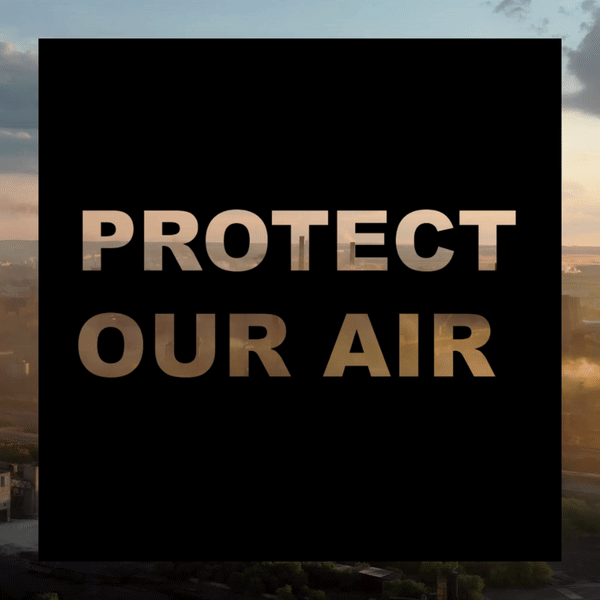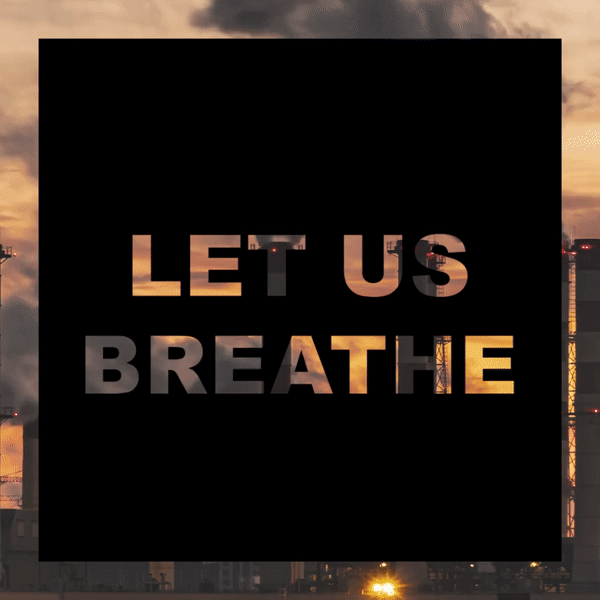The U.S. Supreme Court has handed down yet another shocking decision in a string of recent dangerous and devastating decisions — backing coal companies in the midst of a global climate crisis.
The ruling in West Virginia v. the Environmental Protection Agency will limit the ability of the EPA to regulate carbon emissions, restrict the development and enforcement of pollution standards, and severely hamper the effort to fight climate change.
From gutting the Voting Rights Act, to taking away the ability of women to control their own bodies [the] Supreme Court is actively stripping us of fundamental rights and protections.
This decision prevents administrative agencies like the EPA from developing and implementing nationwide regulations and essentially eliminates the government’s ability to enact climate regulation to protect our air and water, and much more.
A Terrifying Pattern of Judicial Overreach
Not only does West Virginia impact the EPA and the health of every American directly, it threatens to undermine the regulatory enforcement of all government agencies, which would distort the balance of power between the three branches of the U.S. government.
This fits into a frightening pattern: From gutting the Voting Rights Act, to taking away the ability of women to control their own bodies, to stopping rational gun control, to chipping away at the First Amendment, this Supreme Court is actively stripping us of fundamental rights and protections in the name of corporate interests and in service to an extremist minority.
[This decision] will impact low-income communities and communities of color with the greatest immediacy and the greatest harmful consequences.
It’s nothing short of a national crisis to see the highest court of the land become a tool for climate change deniers, polluting profiteers, misogynists, shameless gerrymandering, voter suppression, and religious extremists intent on imposing their beliefs upon an entire nation while chipping away at the division between church and state.
A Denial of Climate Change
For those in positions of high power to deny the urgency and the stakes of the climate crisis is to condemn everyone alive today and generations to come to life in a sick and impoverished world.
Deadly heat waves, droughts, floods, hurricanes and megafires are already killing people and destroying communities across the country and around the world. This is just the beginning of a rapidly approaching planetary scale catastrophe that will cause unfathomable suffering.
Yet, this Court has sided with the disastrous fossil fuel industry over the ability of our government to regulate deadly pollutants. It is literally an act of violence against the millions of people who will suffer because of it.
An Assault on Vulnerable Communities
West Virginia will impact low-income communities and communities of color with the greatest immediacy and the greatest harmful consequences. These communities are disproportionately affected by living near power plants and other industrial polluters.
Tying the hands of the EPA to rein in harmful pollutants hurts communities of color and low-income communities first and worst. Regulations of air pollutants, including those emitted by power plants, have been critical in reducing harms to frontline communities, particularly communities of color and low-income communities.
Standing firm for human rights…means standing in opposition to the extremists occupying an increasingly destructive Supreme Court.
Rainforest Action Network is committed to challenging systemic injustice and working toward a world where the rights and dignity of all communities are respected. Standing firm for human rights in solidarity with others fighting for fairness and equality is a core part of our mission. Today, unfortunately, that means standing in opposition to the extremists occupying an increasingly destructive Supreme Court.
As Supreme Court Justice Sonia Sotomayor said this past December during the arguments that eventually overturned Roe v. Wade, “Will this institution survive the stench that this creates in the public perception that the Constitution and its reading are just political acts? I don’t see how it is possible.”

